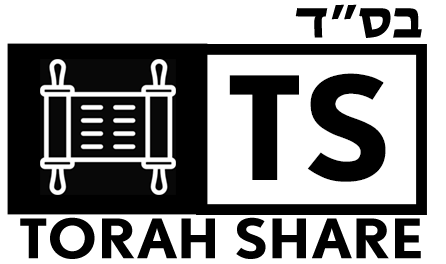Rabbi David Kaplan – Shares why is was so important for Jewish soldiers to carry a shovel with them – to clean up after themselves and how this separation of the clean from the unclean teaches us the essence of how to conduct ourselves and in turn improve our spirituality.
If you are interested in more videos from this Rabbi please visit his YouTube Channel: https://www.youtube.com/@OhrSomayach
If you are interested in receiving these Torah-Share.com posts via email please subscribe here: http://torah-share.com/subscribe/
